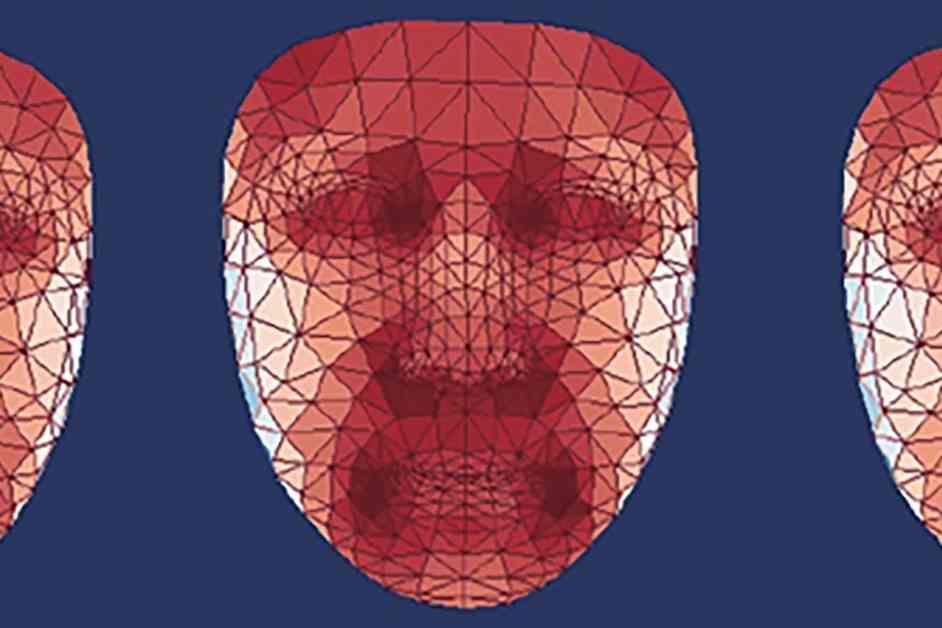A recent study conducted by researchers at Peking University in Beijing, China, has found that small changes in average facial temperatures could potentially be used to diagnose certain medical conditions and estimate a person’s age. By using a commercial, hand-held thermal imager, the researchers were able to capture facial heat readings and 2D images of over 2800 Han Chinese volunteers.
During the study, participants posed for the imaging in a temperature-controlled room while remaining calm. The researchers then developed software to combine the 2D images with the heat maps to create a thermal facial image for each person. Comparing the images of individuals in different age groups revealed distinct patterns of heat distribution associated with ageing.
The researchers trained an AI model to recognize these patterns and tested its performance on 75 volunteers with no known health issues. The AI was able to estimate the participants’ ages within five years using only the facial heat patterns. Further analysis on 57 volunteers with blood sample analyses showed a correlation between increased temperature around the eyes and cellular activities related to inflammation.
The AI was then tested on individuals with metabolism-linked issues, such as diabetes, high blood pressure, and fatty liver disease. The results showed that these conditions led to accelerated facial heat changes associated with ageing. In fact, individuals with diabetes displayed thermal patterns similar to unaffected individuals who were, on average, 6.3 years older. Additionally, disease-specific thermal changes were observed in these individuals, setting them apart from those who were simply older.
The researchers also discovered that lifestyle factors, such as exercise, adequate sleep, and diet, can impact facial temperature and the ageing process. A study involving 23 healthy volunteers aged 18 to 49 who engaged in regular exercise showed that their estimated ages were five years younger after the exercise regime. Preliminary results from other studies suggest that getting enough sleep and consuming yogurt daily can also improve thermal age.
While the study focused on a specific ethnic group, the researchers believe that the AI model could potentially be deployed to detect metabolic diseases using facial heat maps in a quick and straightforward manner. Further validation in individuals of other ethnicities is necessary to ensure the accuracy and effectiveness of the system. The findings of this study offer promising insights into the potential of using facial temperature as a diagnostic tool for various medical conditions and age estimation.






